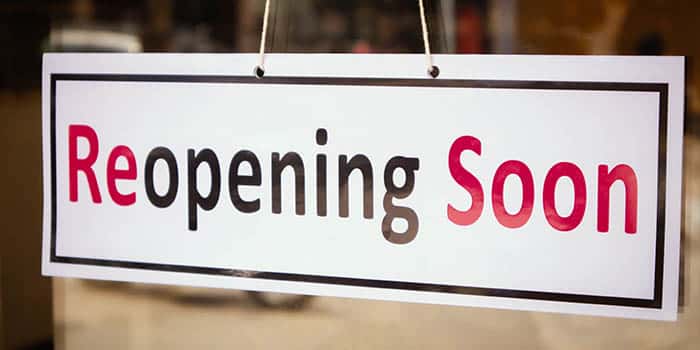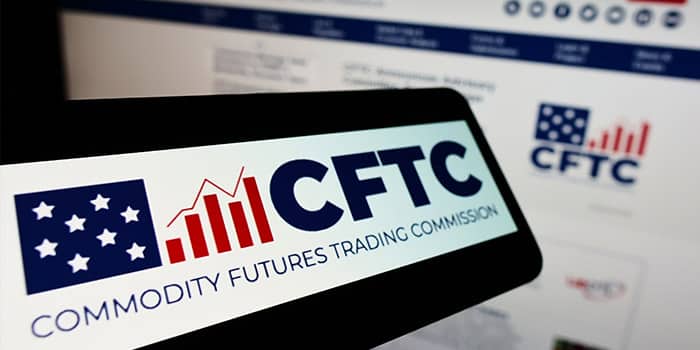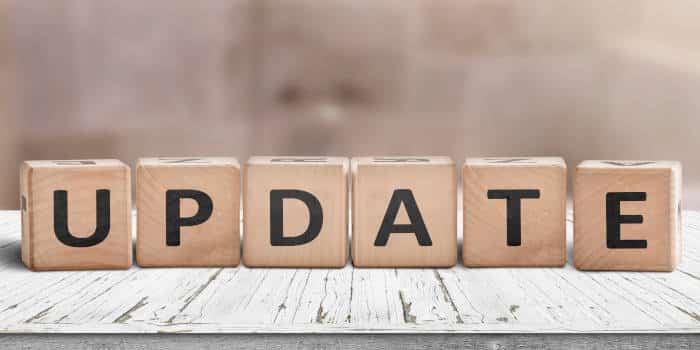- Casino
- By State
- Alabama
- Alaska
- Arizona
- Arkansas
- California
- Colorado
- Connecticut
- Delaware
- Georgia
- Florida
- Hawaii
- Idaho
- Illinois
- Indiana
- Iowa
- Kansas
- Kentucky
- Louisiana
- Maine
- Massachusetts
- Maryland
- Michigan
- Minnesota
- Mississippi
- Missouri
- Montana
- Nebraska
- Nevada
- New Hampshire
- New Jersey
- New Mexico
- New York
- North Carolina
- North Dakota
- Ohio
- Oklahoma
- Oregon
- Pennsylvania
- Rhode Island
- South Carolina
- South Dakota
- Tennessee
- Texas
- Utah
- Vermont
- Virginia
- Washington
- West Virginia
- Wisconsin
- Wyoming
- By State
- Slots
- Poker
- Sports
- Esports
More States Pushing for Legal Online Betting Because of Pandemic

The disruption of traditional sports betting and gambling activities may be an opportunity to expedited online betting legislation, argues the Associated Press in a new article.
The Virus and Current Sports Betting Challenges
The coronavirus outbreak has incapacitated industries, left millions unemployed and plummeted the U.S. economy with budget deficits piling and the public purse thinning. In response to this, lobbyists for the sports betting industry have called for the swift legalization of entertainment products, and specifically sports betting.
With major sports still on shut down, but some professional competitions such as the Bundesliga, La Liga, and the English Premier League returning, there have been glimpses of an imminent recovery.
The PGA Tour (restarting in two week’s time) and NASCAR are already back and so is Asian baseball, allowing sports bettors to place a wager. The NBA and NHL seem poised to make a quick return and resume their seasons.
According to Eilers & Krejcik Gaming, the pandemic will have a significant impact on sports betting legalization within the next two years. States which have experienced tremendous economic downfall will now turn to alternative sources of revenue. And, sports betting has long been touted as a way to boost the state budget and cover important expenses such as roads, network, and pension funds.
Finding a Way to Bolster the Public Purse
However, there is a caveat. Even if sports betting became legal everywhere, the incoming tax would amount to just a few percentages of the state budget. In fact, an Associated Press survey claimed that states can expect no more than 1% of in terms of budget contributions to their budget.
In the current climate, 18 states in the U.S. have sports betting activities, and just four allow punters to go online and place a bet remotely. Yet, this number is growing very quickly, with North Carolina, Virginia, and Tennessee taking steps closer to the full-scale legalization of sports betting.
Louisiana, Ohio, and Massachusetts have all made tangible steps towards the completion of a sports betting framework, too, and some have been active over the past few weeks. Ohio passed a House Bill with the majority on Thursday, and Louisiana will now hold a parish-by-parish referendum in November.
Industry encouragement wasn’t late at all with Matt King, FanDuel’s CEO, arguing that mobile sports betting and online gaming would help set off some of the financial challenges state budgets faced.
Sen. Joseph Addabbo from New York has been the most vocal supporter of adopting mobile betting, and he has been trying to do so for years. The senator has recently cautioned that New York could face a budget deficit as high as $17 billion. Allowing sports betting to enter the state budget would be a way to at least offset this mounting pile of debt, Addabbo argued. Other estimates have put this figure closer to $13.3 billion, including NY Gov. Andrew Cuomo’s office.
David Schwartz from the University of Nevada Las Vegas told the Associated Press that gamblers are likely to place a bet from home in light of the new social distancing rules and making entry into casinos more challenging.
Related Topics:
Jerome brings a wealth of journalistic experience within the iGaming sector. His interest in the industry began after graduating from college, where he regularly participated in local poker tournaments. This exposure led him to the growing popularity of online poker and casino rooms. Jerome now channels all the knowledge he's accrued to fuel his passion for journalism, providing our team with the latest scoops online.
More Articles






Casino
July 14, 2025
Number of Canadian Travelers to the US Slumps Again

Industry
July 14, 2025
Senate Blocks Attempt to Reverse Gambling Tax Rule

Casino
July 11, 2025
IGT Reveals Multiple Jackpots Throughout June

Sports
July 11, 2025
DraftKings to Give Back Over $3M to Connecticut Users

Casino
July 11, 2025
Caesars Introduces Digital Wallet in Nevada










